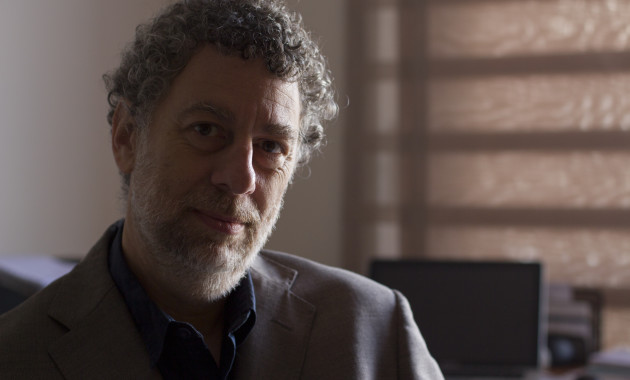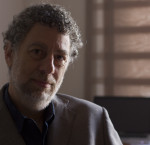ISCI Annual Lecture: Professor Daniel Feierstein

The International State Crime Initiative (ISCI) hosted Professor Daniel Feierstein to deliver its 2016 Annual Lecture. Professor Feierstein is a renowned genocide scholar, and his books and articles have been critical in the qualification of the crimes committed in Argentina as genocide, established by 9 different tribunals from 2006 on. His conceptual work on genocide was central to the development of ISCI’s research on the genocide of the Rohingya in Myanmar.
This lecture moved beyond the common conception of genocide as mass killing, developing instead an understanding of the phenomenon as a technology of power. Through the ‘machinery’ of networks of concentration camps, distributed throughout the whole of society, terror spreads betrayal and mistrust in order to break the solidarity and reciprocity necessary to create and reinforce social ties. Following some of the central insights of Raphael Lemkin (the Polish Jewish lawyer who invented the term “genocide”), Professor Feierstein discussed how and why genocide can be usefully understood as a tool to destroy, transform and reorganise collective identities.
Speaker Biography
Professor Daniel Feierstein is a researcher at Argentina’s National Scientific and Technical Research Council (CONICET) and a senior lecturer at the National University of Tres de Febrero (UNTREF), and the University of Buenos Aires (UBA). He directs the UNTREF Centre for Genocide Studies, the first Genocide Studies Research Center in Latin America, founded in 2007. He was also the founder of the Genocide Chair at the University of Buenos Aires (UBA) in 2001.
Professor Feierstein is the author of several books on genocide, including: State Violence and Genocide in Latin America: The Cold War Years (co-edited with Marcia Esparza, Henry R. Huttenbach); Sobre la elaboración del genocidio. Memorias y Representaciones (Working through Genocide: Memories and Representations, 2012); Sobre la elaboración del genocidio II: Juicios (Working through Genocide II: Judgments, 2015); Genocide as Social Practice: Reorganizing Society Under Nazism and Argentina´s Military Juntas, 2014; Hasta que la muerte nos separe, 2005; Genocidio: La administración de la muerte en la modernidad, 2004; and Seis estudios sobre genocidio, 2000.
Professor Feierstein previously served as the President of the International Association of Genocide Scholars (2013-2015), and has been a consultant for the United Nations on a number of projects on Human Rights. He was a Judge in various sessions of the Permanent People´s Tribunal dealing with the cases of Sri Lanka (2010 and 2012) and Mexico (2014), among others.












































